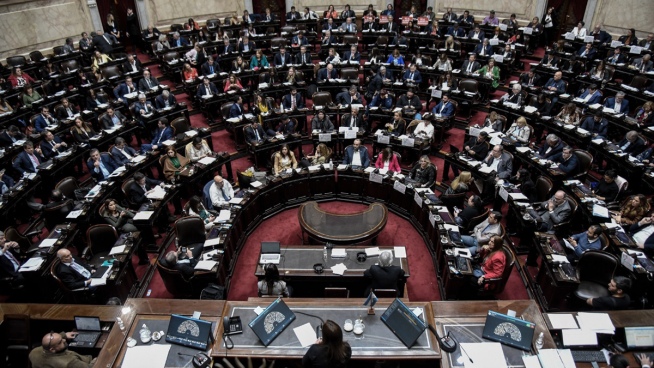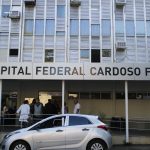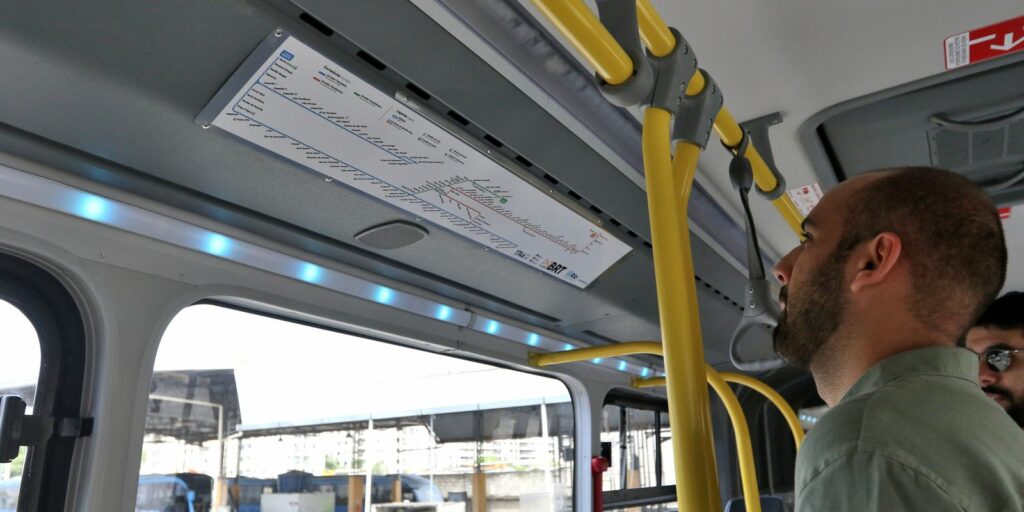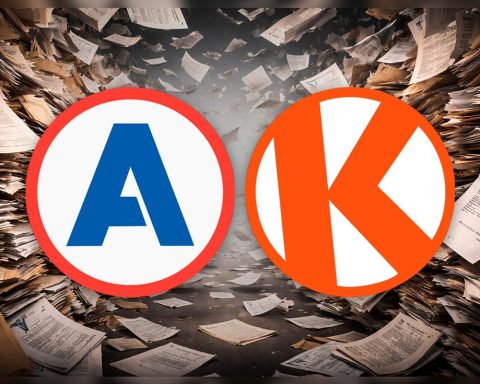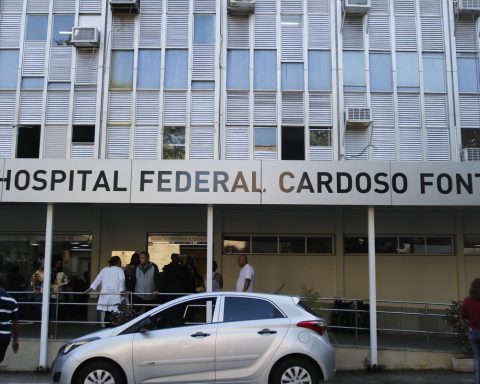Ministers and other officials from the main agencies of the Executive Power will present in the Chamber of Deputies about the 2023 Budget, in the second week of the debate on the initiative that establishes the expenses and resources projected for 2023which the ruling party aspires to vote on October 26.
The treatment of the project will resume this Tuesday at 11 after the presentation made by the Minister of Economy, Sergio Massa, who answered questions from the opposition legislators, who, unlike last year, are inclined to collaborate to sanction the Budget.
Massa explained over more than two and a half hours the macroeconomic variables estimated for 2023, which aim to achieve a growth of 2% of the GDP, an inflation pattern of 60% and a reduction in the deficit from 2.5 to 1 .9 of GDP.
Massa’s speech had a good reception in the majority blocs that can tip the balance at the time of the approval of the project: the Federal interbloc, the United Provinces and part of the radical bloc.
A distinctive fact is that more than 65% of the funds will be allocated to social expenses, including payments for the different assistance plans, as well as retirement and pensions, and funds for health, science and education will be prioritized.
Although throughout his dissertation he gave a detailed detail of each area, The main axis of his speech was to state that it was a “prudent and realistic Budget, proposed responsibly” and advocate for a consensus that allows its sanction, after last year’s rejection.
Massa’s speech had a good reception in the majority blocks that can tip the balance at the time of the approval of the project such as the Federal interbloc, the United Provinces and part of the radical bloc, although all have already announced that they will ask for some reforms.
That is why the visit of the ministers agreed between the President of the Chamber of Deputies, Cecilia Moreau, and the political blocs will be important, so that the JxC legislators and provincial benches begin to make their proposals for modifications.
A claim that legislators from the interior of all political forces always raise are subsidies for transportation, and the performance of certain infrastructure works.
How is the discussion going?
Moreau informed that next Tuesday, from 11 o’clock in Room 2 of Annex C, the ministers Jaime Perczyk (Education and Daniel Filmus (Science, Technology and Innovation), and later it will Juan Cabandie (Environment)
On the same day, the secretaries of the Palacio de Hacienda will give their reports flavia royon (Energy), Jose Ignacio de Mendiguren (Industry and Productive Development) and John Joseph Bahillo (Agriculture), and the presidents of Cammesa and Enarsa, Sebastian Bonetto and Agustin Gerezrespectively.
The work schedule will continue on Wednesday with presentations by the ministers of Defense, Jorge Taiana, and Labor, Claudio Moroni, and the directors of Customs, Guillermo Michel, and AFIP, Carlos Castagneto, among other officials.
Official parliamentary sources indicated that the president of the Central Bank, Miguel Ángel Pesce, and the presidents of the state-owned companies Aerolineas Argentinas, Pablo Ceriani, and Aysa, Malena Galmarini, could be invited at the request of Together for Change.
The intention of the ruling party is to conclude the round of consultations the other week and if there is any exhibitor left to do so on Tuesday to then begin the debate among the legislators where the changes to the project will be proposed, to reach the consensus that will ensure the approval of the law on expenses and resources for the ruling party.

The president of the FdT bench, Germán Martínez, considered that Together for Change “is not going to want to have the experience of last year” when they rejected the Budget designed in the Martín Guzmán administration, and pointed out that “There are opposition leaders who maintain that this mistake cannot be repeated.”
In statements to journalists accredited in the National Congress, Martínez said that “this Tuesday the week begins with a very strong presence of ministers, secretaries, and the other one we are already debating the opinion, which will then arrive at the session venue.”
From the PRO, deputy Germana Figueroa Casas said that “In the first analysis carried out, many doubts arise about how inflation is going to be reduced to 60%. In addition, there is no justification on how the deficit is going to be financed, a lot of debt is planned to be placed in the private sector with no guarantee that it can be achieved,” he said.
“We are awaiting the presence of the ministers to obtain specific information on issues such as works, transport subsidies and other expenses. We hope to be able to work on the Law and that our contributions are taken into consideration to build the necessary consensus. and achieve the sanction of the Budget,” he added.

Budget
The project of expenses and resources for 2023 foresees an increase in private consumption estimated at 2.2% and investment at 2.9%, while in terms of financing it seeks to reduce monetary assistance from the Central Bank to the Treasury.
Regarding the distribution of spending, the project contemplates allocating $1.6 billion to the Government Administration, $1.2 billion to Defense and Security Services, $18 billion to social spending, $4.5 billion to economic services, debt public $2.9 billion, which implies almost $29 billion.
The budget contemplates an increase in exports of 7.1% against imports that would increase 2% next year, and in this way, the trade surplus would go from US$7.7 billion this year to US$12.3 billion in 2023.
Another central aspect will be the possibility of laundering dollars for the payment of imports of supplies and services destined for productive processes, and for the construction of real estate projects as well as for the acquisition of used homes.
